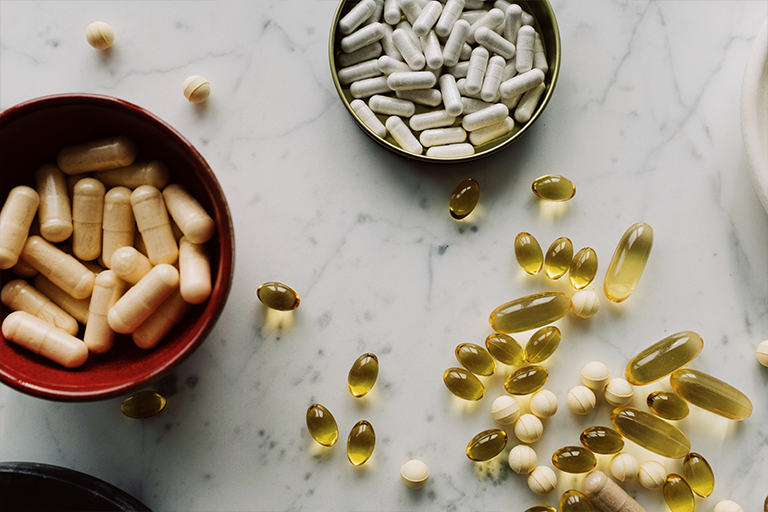Having the right nutrition to ensure that your body is in optimum condition is important at any age, but particularly essential as you age. As you grow older, your body is more likely to be susceptible to illnesses and injuries, as your immune system, joints, and muscles grow weaker. Adding supplements to your diet can be a great way of boosting your health – read on to find out which ones you should be considering ahead of time.

Vitamin D
While in your younger years, you may be able to recover from injuries such as falls or seasonal illnesses during the winter relatively easily, for the age group living somewhere like Morton Grove senior living, where many of the residents require holistic care, they are much more likely to be susceptible to osteoporosis as their bones are stripped of nutrients and grow weaker. As older adults immune system is slower in responding to viruses or infection, they can also become more likely to develop a more serious and potentially life-threatening problem.
Vitamin D is essential for promoting strong and healthy bones, muscles, and joints, as well as helping to maintain an effective immune system that can fight off common ailments such as colds and touches of flu. While your body can produce it from exposure to sunlight during winter months or for those confined indoors for long periods, having a supplement can be of huge benefit.
Vitamin B12
This important vitamin is of particular benefit as you get older, as well as throughout your life. Vitamin B12 helps in the production of blood and nerve cells, and a B12 deficiency has been associated with potentially impacting memory in older people. While research into the role of the vitamin in helping with cognitive disorders in older adults is still on-going, it is still a useful vitamin to add to your daily regimen.
Vitamin B12 can be found commonly in foods such as meat, fish, eggs, and dairy. For many older adults, eating adequate quantities of food can often be an issue, so adding a supplement can be a useful way of making up for what is missed out through a poor diet or food restrictions.
Vitamin C
The benefits of citrus fruit, a great source of vitamin C, were first identified in the 18th century when it was found that sailors benefited from adding limes to their diet to prevent illness during long voyages away. While scurvy is generally a thing of the past, vitamin C is still an essential part of our everyday diet. As the body does not naturally produce it, it needs to be supplemented, either through food or extra nutrients.
It is especially good for older people as it helps to boost metabolism and the immune system, as well as potentially preventing common age-related eye issues, such as the development of cataracts or vision loss. As it is commonly found in many multivitamins and supplements, it is easy to add to your daily routine in a variety of ways.